We may be one step closer to a universal flu vaccine, according to a new study.
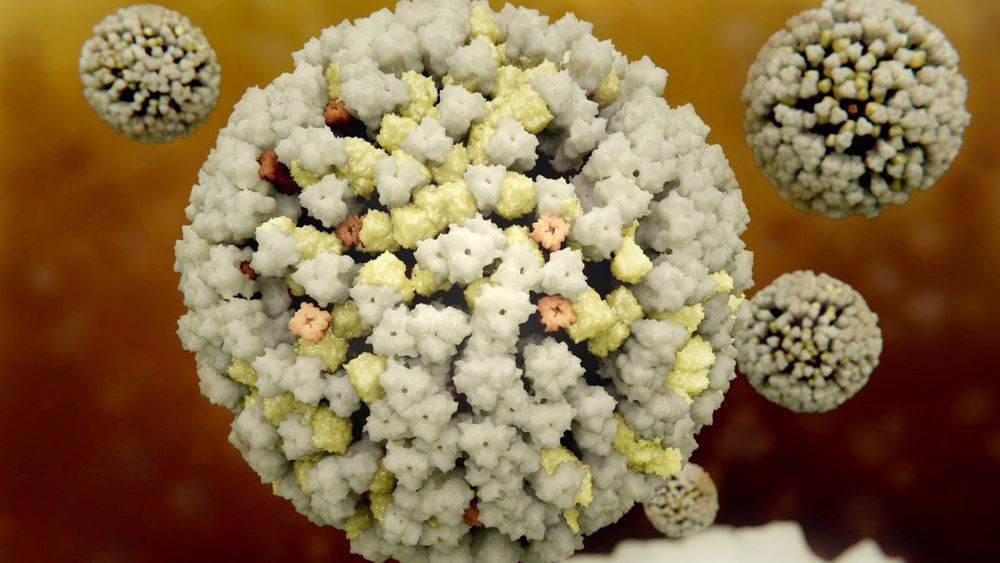

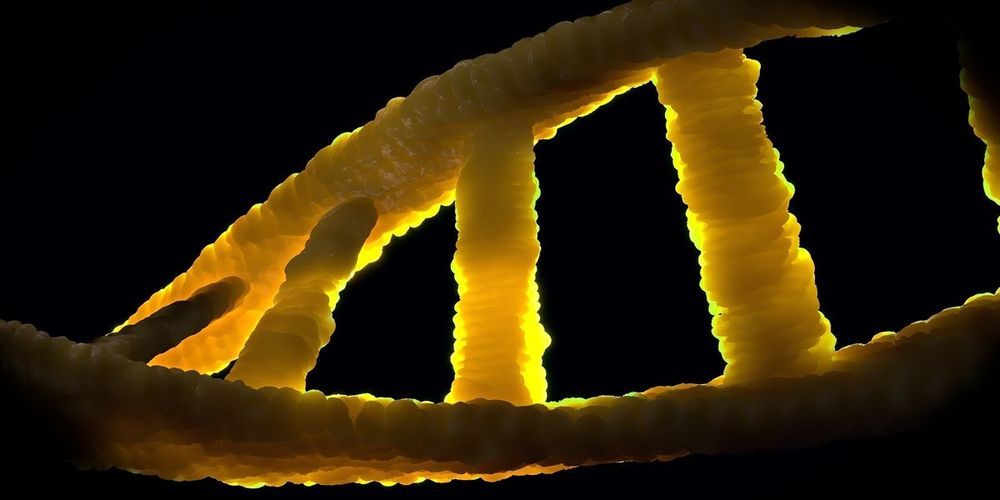
Since 2012, the gene-editing tool CRISPR/Cas9 has enabled scientists to target and modify DNA with remarkable precision. But one constraint of this technique has been that it’s only able to make changes within single genes. Now, scientists have developed new tools that allow them to cut and splice large chunks of chromosomes, and to assemble new synthetic genomes from distinct strains.
The findings, published in a paper on August 30 in Science, likely have major implications for fields such as synthetic biology, computational biology, and biological computing, and could lead to better treatments for a wide array of diseases.
“This new paper is incredibly exciting and a huge step forward for synthetic biology,” Anne Meyer, a synthetic biologist at the University of Rochester in New York who was not involved in the paper, told Science.
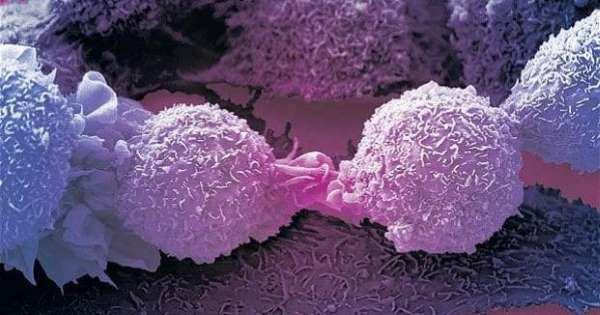
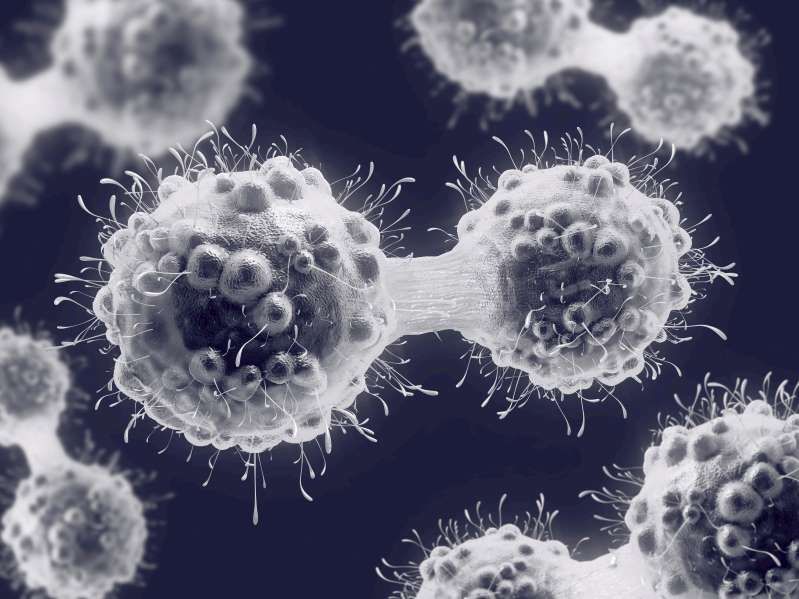 3D illustration of a cancer cell in the process of mitosis. A new type of immune cell which kills most cancers has been discovered by accident by British scientists, in a finding which could herald a major breakthrough in treatment.
3D illustration of a cancer cell in the process of mitosis. A new type of immune cell which kills most cancers has been discovered by accident by British scientists, in a finding which could herald a major breakthrough in treatment.
Researchers at Cardiff University were analysing blood from a bank in Wales, looking for immune cells that could fight bacteria, when they found an entirely new type of T-cell.
That new immune cell carries a never-before-seen receptor which acts like a grappling hook, latching on to most human cancers, while ignoring healthy cells.


A decision by the Italian authorities to place 16 million people into coronavirus quarantine descended into chaos on Sunday night as dozens of flights from affected areas were permitted to land in Britain.
More than a quarter of the population of Italy was placed on lockdown in a bid to stem the spread of coronavirus after deaths in the country rose by a third in a single day.
On Monday, Boris Johnson, the Prime Minister, will convene a Cobra meeting of his top ministers and advisers in the Cabinet Office as Britain braces for the full force of the outbreak.

ROME: Prime Minister Giuseppe Conte on Monday (Mar 9) extended measures to tackle the new coronavirus across the whole country, telling people to “stay at home” and banning public gathering as well as Serie A football matches.
The unprecedented measures covering the entire Mediterranean nation of more than 60 million people came after Italy reported 97 more deaths that took its toll to 463.
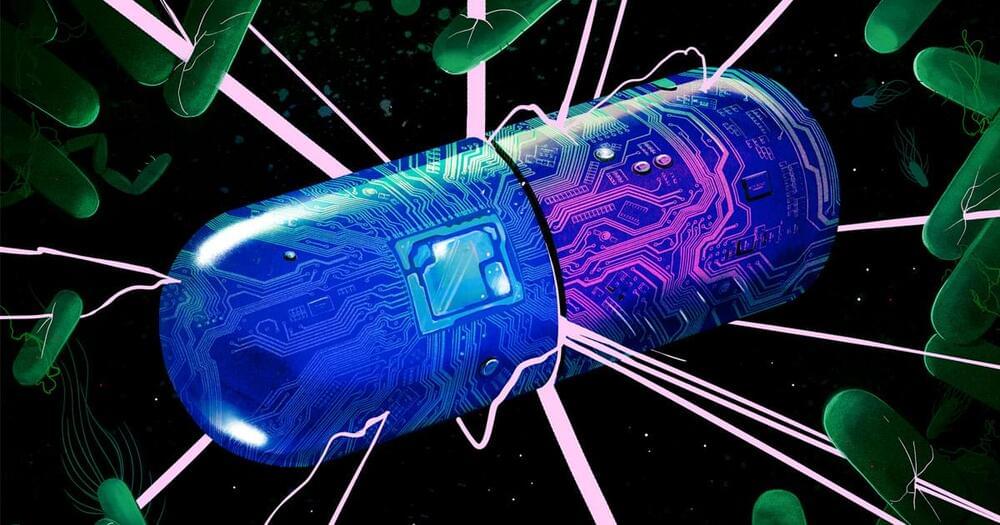

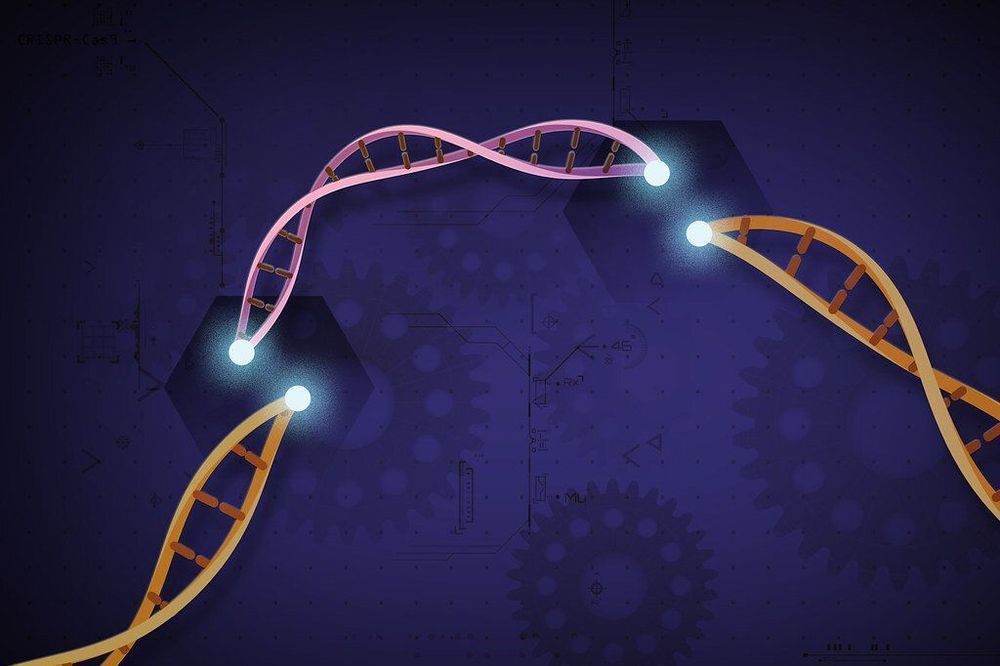
In a new publication in Nature Plants, assistant professor of Plant Science at the University of Maryland Yiping Qi has established a new CRISPR genome engineering system as viable in plants for the first time: CRISPR-Cas12b. CRISPR is often thought of as molecular scissors used for precision breeding to cut DNA so that a certain trait can be removed, replaced, or edited. Most people who know CRISPR are likely thinking of CRISPR-Cas9, the system that started it all. But Qi and his lab are constantly exploring new CRISPR tools that are more effective, efficient, and sophisticated for a variety of applications in crops that can help curb diseases, pests, and the effects of a changing climate. With CRISPR-Cas12b, Qi is presenting a system in plants that is versatile, customizable, and ultimately provides effective gene editing, activation, and repression all in one system.
“This is the first demonstration of this new CRISPR-Cas12b system for plant genome engineering, and we are excited to be able to fill in gaps and improve systems like this through new technology,” says Qi. “We wanted to develop a full package of tools for this system to show how useful it can be, so we focused not only on editing, but on developing gene repression and activation methods.”
It is this complete suite of methods that has ultimately been missing in other CRISPR systems in plants. The two major systems available before this paper in plants were CRISPR-Cas9 and CRISPR-Cas12a. CRISPR-Cas9 is popular for its simplicity and for recognizing very short DNA sequences to make its cuts in the genome, whereas CRISPR-Cas12a recognizes a different DNA targeting sequence and allows for larger staggered cuts in the DNA with additional complexity to customize the system. CRISPR-Cas12b is more similar to CRISPR-Cas12a as the names suggest, but there was never a strong ability to provide gene activation in plants with this system. CRISPR-Cas12b provides greater efficiency for gene activation and the potential for broader targeting sites for gene repression, making it useful in cases where genetic expression of a trait needs to be turned on/up (activation) or off/down (repression).
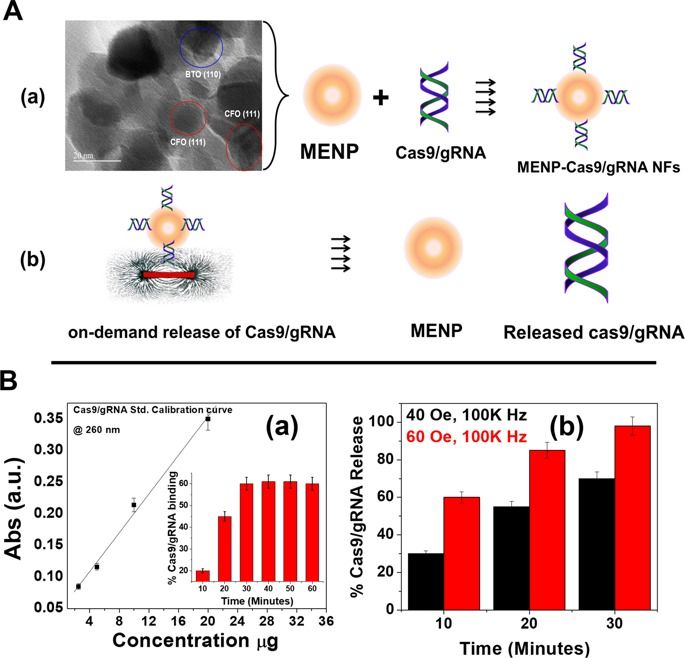
Scientific Reports volume 9, Article number: 3928 ( 2019 ) Cite this article.